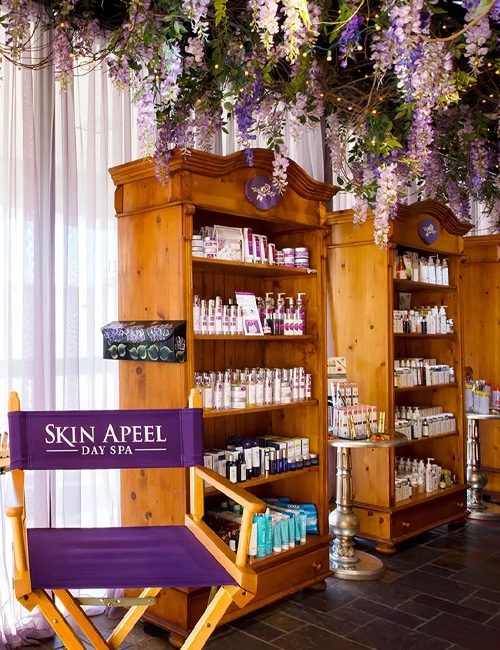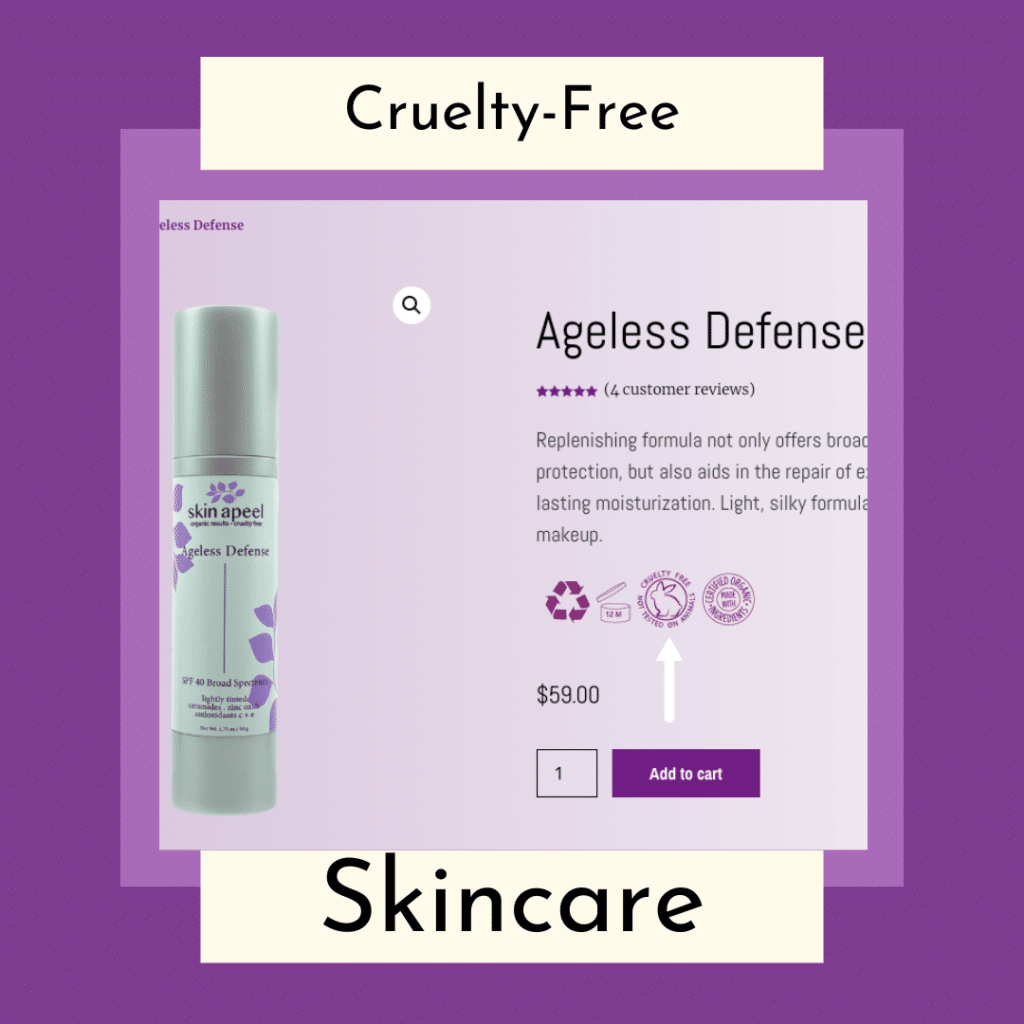Skin Apeel
-
21301 Powerline Road,
Suite 215 Boca Raton, FL 33433 - Phone: (561) 852-8081
- Email: [email protected]

The beauty industry has significantly shifted towards ethical and sustainable practices, reflecting a broader societal push for moral and environmental responsibility. Among these practices, “cruelty-free skincare” has emerged not only as a trend but as a fundamental change in how consumers and companies view product responsibility. This concept extends beyond mere product formulation to embody a commitment to the welfare of all beings and the preservation of our planet.
Cruelty-free skincare refers to products that are developed without any form of animal testing at any stage of product development by the manufacturer, its laboratories, or suppliers. This compassionate approach ensures that no animals suffer for the sake of beauty, setting a standard that appeals to ethical consumers worldwide.
While cruelty-free refers specifically to the absence of animal testing, it’s important to differentiate it from other commonly used terms in the industry. Unlike “vegan,” cruelty-free does not necessarily mean the absence of animal-derived ingredients. Products labeled as “organic” or “natural” refer to the sourcing and processing of ingredients, which do not overlap directly with cruelty-free practices.
Additionally, Skin Apeel’s cruelty-free skincare products are also certified as made with organic ingredients, further enhancing their appeal to consumers looking for both ethical and natural beauty solutions. Understanding these distinctions is crucial for consumers making informed choices about the products they use.
Choosing cruelty-free skincare products is a powerful stance on ethical consumerism. Respect for animal welfare is at the core of this decision—no animal should suffer for the sake of beauty. Beyond the ethical implications, cruelty-free products often lead to better environmental outcomes. Avoiding animal testing can reduce the ecological footprint of the beauty industry, contributing to biodiversity preservation.
Increased consumer awareness has also propelled the demand for ethical products. Today’s informed consumers seek transparency and integrity in their skincare choices, driving the market away from traditional, unethical production methods.
There are several misconceptions surrounding cruelty-free skincare. Some believe that cruelty-free products are less effective or more expensive than their conventional counterparts. However, advancements in skincare science have introduced innovative, cruelty-free ingredients and technologies that are both effective and competitively priced.

Challenges such as confusing labels and a lack of transparency still exist. The term “cruelty-free” is not universally regulated, leading to potential misinformation. Consumers must look for recognized certifications, such as the Leaping Bunny or PETA’s Beauty Without Bunnies, to ensure products genuinely meet cruelty-free standards.
Opting for cruelty-free skincare offers numerous health benefits. These products typically contain fewer chemicals, allergens, and irritants, making them safer and more suitable for sensitive skin types. Additionally, the psychological and emotional benefits of using products that align with personal ethical beliefs can enhance overall well-being, knowing that one’s beauty routine does not contribute to animal suffering.
Supporting cruelty-free products reinforces a market that values ethical standards and animal welfare. It sends a clear message to the industry about consumer preferences, pushing more brands to adopt humane practices. This support not only helps protect animals but also promotes innovation in the beauty industry, leading to safer, more sustainable product development.
Embracing cruelty-free skincare is more than a personal choice; it’s a statement about the kind of world we want to create. By choosing cruelty-free, consumers wield the power to influence industry standards, advocate for animal rights, and support environmental sustainability. Everyone is encouraged to explore cruelty-free options and make informed choices that reflect both personal values and a commitment to a more ethical world.
This article serves as a guide for those who wish to understand and engage with cruelty-free skincare, ensuring that beauty routines contribute positively to both society and the environment.